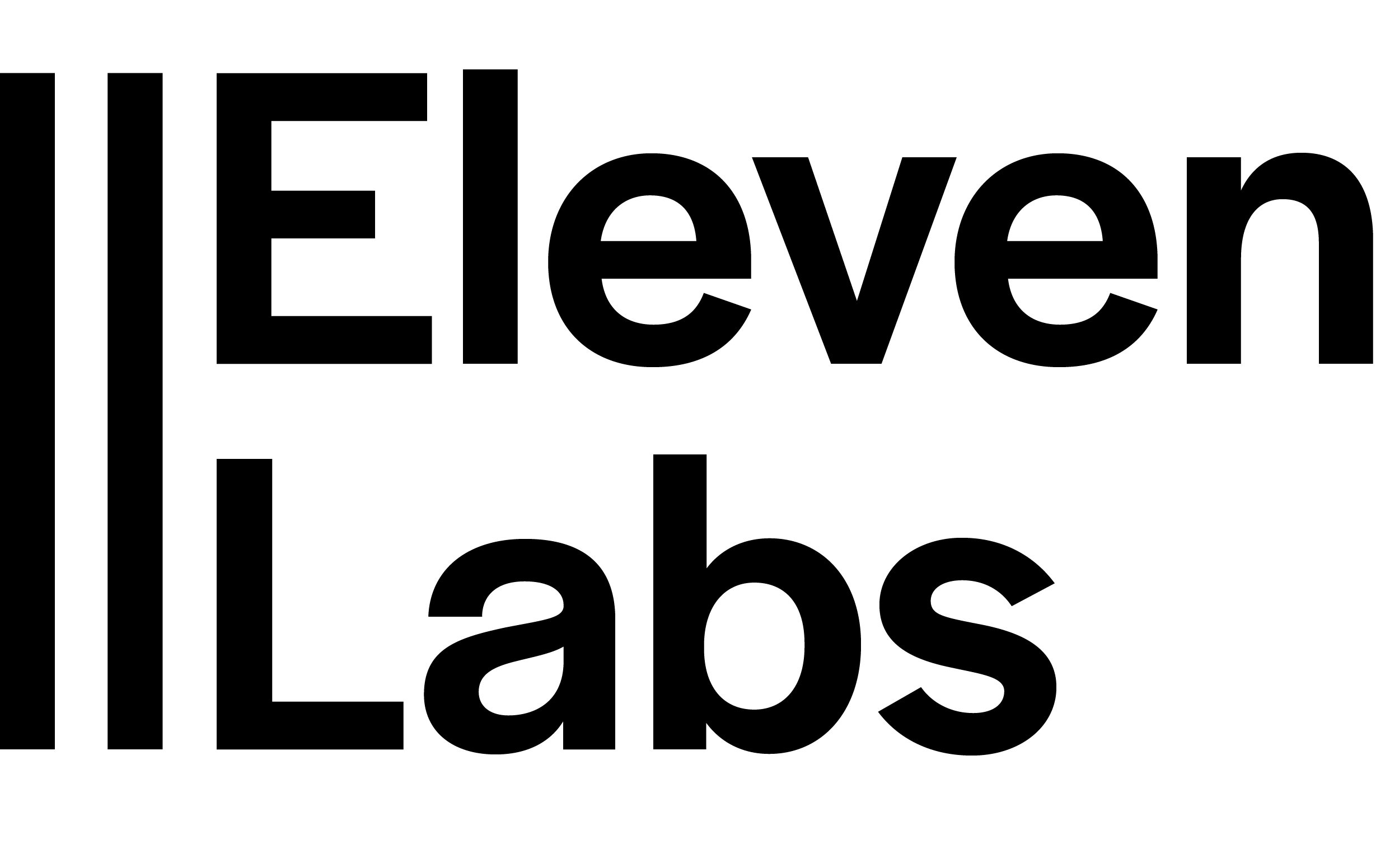Robots.txt: The Ethics of AI Data Scraping
daiverse
Wednesday, 14 February 2024 00:00

In the era of AI advancement, the traditional "robots.txt" file is losing its effectiveness in preventing data scraping, raising ethical concerns about privacy and copyright infringement. As generative AI models demand vast amounts of data for training, the balance between innovation and data protection becomes increasingly delicate.
Data is the lifeblood that fuels innovation for artificial intelligence. But as AI models grow more sophisticated, so too do the ethical concerns surrounding the acquisition of data, particularly through the practice of web scraping.
## AI's Insatiable Hunger for Data
The "robots.txt" file, traditionally used to guide web crawlers, has become less effective in preventing data scraping. This is due in part to the rise of generative AI, which [requires vast amounts of data to train its models.](https://www.wsj.com/articles/ai-startups-have-tons-of-cash-but-not-enough-data-thats-a-problem-d69de120)
AI companies have become comfortable ignoring websites' requests not to be scraped in recent years, arguing that the data is necessary for research and development. However, for onlookers and observers who do not get the chance to share the profits proportionately, this practice raises ethical concerns about data privacy and copyright infringement.
In the quest for AI advancement, data has become a precious commodity. AI companies relentlessly pursue vast datasets to fuel the training of their generative AI models. This insatiable hunger for data stems from the fact that these models require immense amounts of information to learn and improve their performance. By ingesting data from various sources, including web scraping, AI companies empower their models with the knowledge necessary to tackle complex tasks, from generating realistic images to translating languages with fluency.
However, the acquisition and use of this data have significant implications for consumers. Ethical concerns arise when data is collected without consent or when copyright laws are violated. Consequently, consumers are left grappling with potential privacy breaches and the [infringement of content creators' rights.](https://www.washingtonpost.com/technology/2024/01/04/nyt-ai-copyright-lawsuit-fair-use) It is imperative that AI companies prioritize responsible data practices, ensuring that data is acquired ethically and used for socially beneficial purposes.
## Brief History of robots.txt
A robots.txt file is a simple text file that website owners can use to tell web crawlers which parts of their website they should not crawl or index. This can be useful for protecting sensitive data, such as customer login information or financial data.
Web scraping, the automated process of extracting data from websites, played a pivotal role in the birth of the Google search engine. In the early days of the internet, web crawlers, guided by robots.txt files, would navigate the web, collecting and indexing data from various websites. This vast repository of indexed data formed the foundation of Google's search engine. By relying on web scraping, Google was able to create a comprehensive and efficient search tool that allowed users to quickly find relevant information from across the web. The ethical concerns surrounding data scraping, however, remain a crucial consideration as the technology continues to evolve.
In addition to its pivotal role in the development of the search engine, Google also played a significant part in the creation and adoption of robots.txt. In 1994, Martijn Koster, an employee at the University of Twente in the Netherlands, [developed the robots.txt protocol](https://www.greenhills.co.uk/posts/robotstxt-25) as a way to prevent web crawlers from overwhelming his university's website. He submitted the proposal to Google, which was then developing its own web crawler. Google quickly recognized the value of robots.txt and implemented it into its crawler, setting a precedent for other search engines to follow. By adopting robots.txt, Google helped to establish a standard for regulating web crawlers and protecting website owners' data, while also promoting ethical data scraping practices.
### Limitations of robots.txt files
It is important to note that robots.txt files are not a foolproof way to protect data privacy. Web crawlers can still access pages that are not blocked by a robots.txt file. Additionally, some web crawlers may ignore robots.txt files altogether.
Therefore, website owners should use robots.txt files in conjunction with other data privacy measures, such as encryption and access control.
### Examples of Over-Eager Data Consumers
* **Data privacy:** In 2018, [Facebook was fined $5 billion](https://www.ftc.gov/news-events/news/press-releases/2019/07/ftc-imposes-5-billion-penalty-sweeping-new-privacy-restrictions-facebook) by the Federal Trade Commission for illegally collecting data from its users without their consent. This data was used to target users with personalized advertising.
* **Copyright infringement:** In 2020, Google was sued by the Getty Images for copyright infringement. Getty Images alleged that Google had scraped millions of images from its website without permission.
* **Generative AI:** In 2023, OpenAI released ChatGPT, a generative AI model that can generate text, images, and music from scratch. ChatGPT was trained on a massive dataset of scraped text and images.
These examples illustrate the potential ethical concerns associated with data scraping. It is important to use this tool responsibly and to respect the privacy of individuals and the rights of content creators.
## Possible Solutions
If the social contract has taught us anything, it is that people have to play nicely with each other in order to maintain order. So no proposed set of regulations can possibly work unless humans decide it is in our best interest to cooperate. Once that fundamental presupposition is in place, then there are a number of ways we can get back to ethical data scrapping on the internet.
One potential solution is to develop clear and enforceable regulations that govern the use of scraped data. These regulations should ensure that data is collected ethically and used responsibly, while also protecting the rights of website owners and content creators.
Another step is to raise awareness among AI developers about the ethical implications of data scraping. By educating the tech community about the potential harms of this practice, we can encourage them to develop AI models that are both powerful and ethical.
The ethics of AI data scraping are complex and multifaceted. As we continue to explore the potential benefits and limitations of this technology, it is crucial to strike a balance between innovation and respect for privacy and copyright.
### Conclusion
The ethics of AI data scraping demand a collaborative approach. Regulations, ethical awareness, and responsible data-sharing practices are crucial for balancing innovation with privacy and copyright protection. Transparency and accountability in the AI industry empower users to make informed choices about data usage. By adhering to ethical principles, we can establish a sustainable framework for AI data scraping that fosters innovation while safeguarding individual rights and content creator protections.
sponsored
- clone your own voice
- choose from thousands of voices
- reach audiences worldwide in 32 languages
tags
big data
robots.txt
data scrapping
genAI
generative AI
 natural ai speech synthesis
natural ai speech synthesis